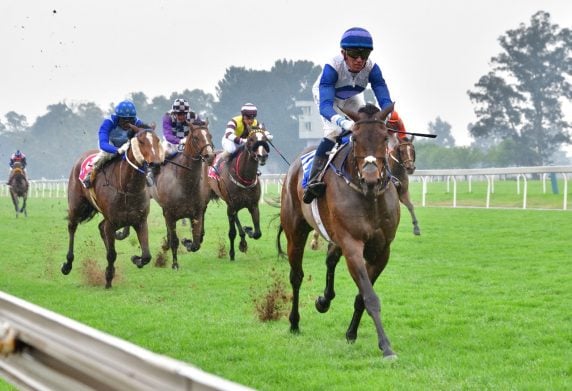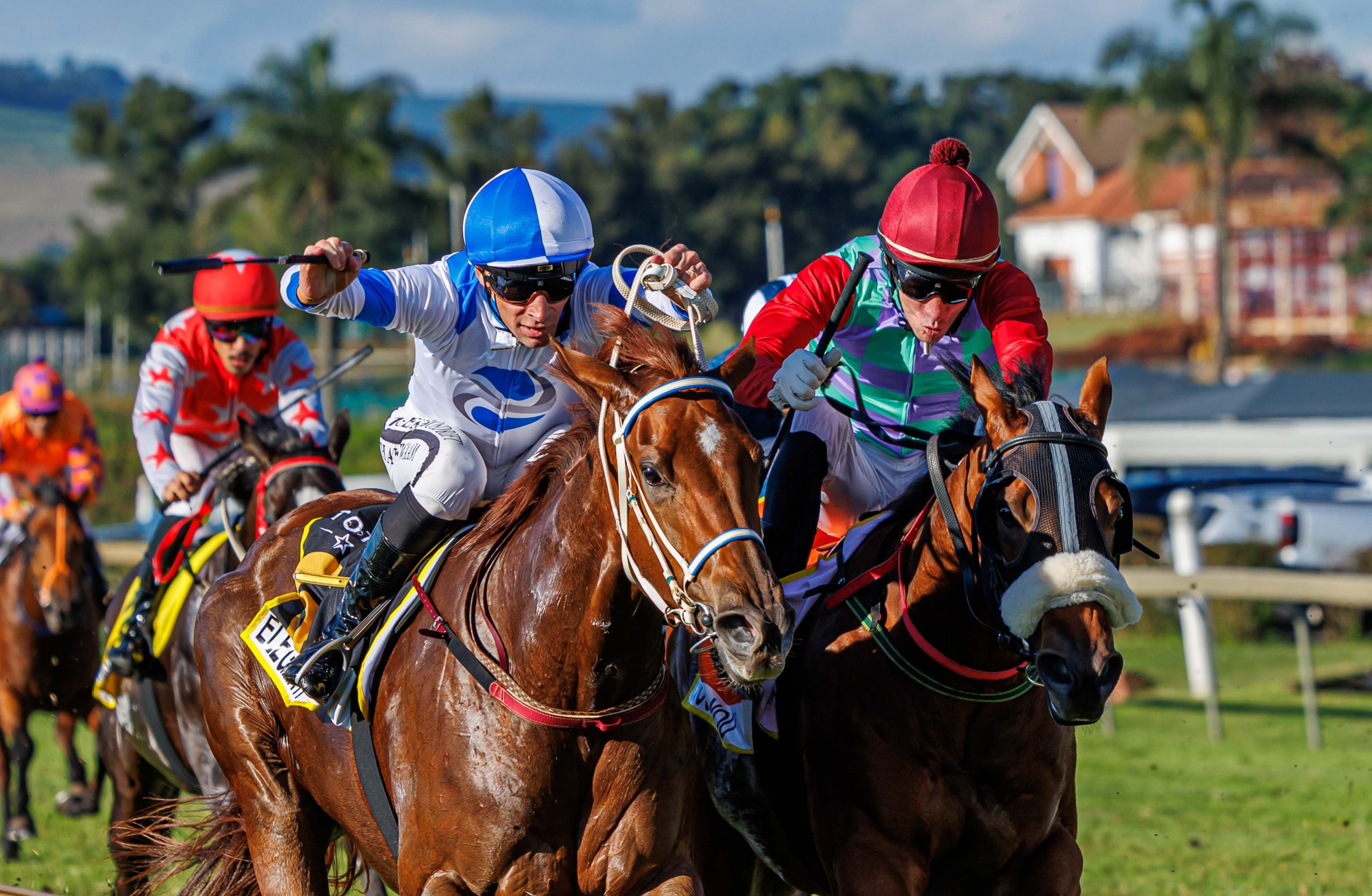African horse sickness (AHS) is endemic in Southern Africa. It is a serious disease and South Africa is serious about the safe, reliable delivery of horses to its trading partners. This is borne out by the fact that no outbreaks overseas have ever been linked to the export of horses from South Africa and since the European Commission ratified the South African horse export protocol in 1997, South Africa has safely exported close to 1000 horses from Kenilworth Quarantine Station in Cape Town.
The South African horse export protocol is based on regionalization for AHS in accordance with OIE (World Organisation for Animal Health) guidelines.
The AHS Controlled Area is situated in the South Western part of the country and consists of an AHS Free Zone, an AHS Surveillance Zone and an AHS Protection Zone.
The Western Cape was chosen as South Africa’s AHS Controlled Area due to the historically low incidence of AHS in the area (it is well over 1000 miles from areas where infection is known to occur on an annual basis) and the presence of significant geographical barriers. Firstly, the impressive Hottentots Holland Mountain Range forms a natural boundary between the AHS Surveillance and Protection Zones. Most of the Mountain Range is above 550m above sea level with the peaks of the mountains ranging between 1300m and 2200m above sea level.
Secondly, the Atlantic and Indian Oceans form additional boundaries to the west and east of the Controlled Area respectively. In addition, the AHS Free Zone is at sea level with significantly different climatic conditions to the other parts of the country where AHS is endemic.
Movement into the AHS Controlled Area from the rest of South Africa and between zones within the AHS Controlled Area is strictly controlled and managed by the South African Veterinary Authority according to EU rules.
South Africa is committed to exporting horses safely based on sound, scientific principles and risk mitigation includes:
- A 60 day residency in the AHS Free Zone prior to export – there has never been a case of AHS recorded in the AHS Free Zone.
- The last 40 days are spent under vector protection at Kenilworth Quarantine Station. The quarantine station is situated in the middle of Kenilworth Racecourse with no horses permanently resident at the racecourse. The quarantine station is a sealed building and operates under positive pressure ventilation with a double door entry/exit. Horses are exercised under official supervision and under strict vector protected conditions.
- Clinical surveillance as well as serological surveillance of sentinels and annual sero-surveillance of foals to prove there is no AHSV circulating in the area.
- Vector surveillance using Onderstepoort-developed light midge traps. The number of Culicoides midges caught in light traps around Kenilworth Quarantine Station is extremely low. Under field conditions, the prevalence of AHSV infection in Culicoides midges even during an outbreak is very low and high midge numbers are required to sustain an outbreak.
- Before they are exported, horses are vaccinated according to the manufacturer’s recommendations at least 60 days before they enter the AHS Free Zone to start their residency period.
- Horses are tested during pre-export quarantine according to OIE guidelines. In addition, an agent identification test (RT- PCR) is offered with negative results at least 14 days after the start of pre-export quarantine and within a maximum of 48 hours of departure, or closer if required.
- Horses are transported from Kenilworth Quarantine Station to Cape Town International Airport under official supervision and under strict vector protected conditions which are maintained when utilizing modern jet stalls until arrival in Europe.
The 2011 outbreak of AHS occurred in Mamre (54km north-west of Kenilworth Quarantine Station, South Africa’s official pre-export quarantine station) in the AHS Surveillance Zone. The first clinical case was reported on 26 February and exports to the EU were immediately suspended by South Africa on suspicion of AHSV infection. The last case was recorded on 3 May 2011 and on 26 June 2011, the South African Veterinary Authority reported to the OIE that the outbreak was over.
According to EU law, equidae may only be imported from a third country or zone that is free of AHS. Although the outbreak in Mamre in 2011 occurred in the AHS surveillance zone and not in the AHS free area, the EU definition of an infected area includes a protection zone of at least 100km and a surveillance zone of at least 50km. South Africa will only be eligible to apply for reinstatement of the protocol that permits the export of horses to the EU, once “there has been no clinical, serological (in unvaccinated equidae) or epidemiological evidence of African horse sickness on the territory concerned in the previous two years ..” (2009/156/EC; Chapter 1, Article 2(f)) The two year period differs from the current OIE code chapter on AHS where countries or zones may be considered free from AHSV if “a surveillance programme has demonstrated no evidence of AHSV in the country or zone for at least 12 months and includes a complete season of vector activity;” ( OIE Terrestrial Animal Health Code, Chapter 12.1, Article 12.1.2. 1.c) ). Outbreaks of AHS on the Iberian peninsula and in Morocco from 1987-1990, and in the AHS Controlled Area in South Africa in 1999; 2004 and 2006, have shown that if infection does not occur in the same area during the next season of vector activity, it does not recur as part of the same outbreak 2 years later. (According to EU law, should a member state become infected with AHS, they would be allowed to dispatch equidae “during certain periods of the year, having regard to the activity of vector insects,” with a minimum of 40 days vector protected quarantine and testing.)
Through Racing South Africa, the South African horseracing industry has driven much of the strategy to achieve a reliable, safe and cost effective delivery system for its horses. At the forefront of this strategy has been the investment in one of its strategic partners, the Equine Research Centre (Faculty of Veterinary Science, Onderstepoort), to advance scientific knowledge of AHS and other equine diseases impacting international trade.
RT – PCR tests for African horse sickness have revolutionized the diagnostic approach to this disease. The Equine Research Centre in South Africa has recently completed a comparison of all published RT-PCR tests for AHS. This data forms part of the supporting documentation for the validation of these tests as prescribed tests for international trade.
In collaboration with a major international pharmaceutical company, the Equine Research Centre is also some way down the line with the development of a safe and effective DIVA vaccine for AHS and results are encouraging. Donor funding would expedite progress!
South Africa appreciates the constraints in current EU policy. However scientific evidence to support a two year suspension following an outbreak of AHS needs to be reviewed critically.
South Africa is currently able to deliver horses safely in line with OIE principles to countries not bound by EU law.
Racing South Africa April 2012








